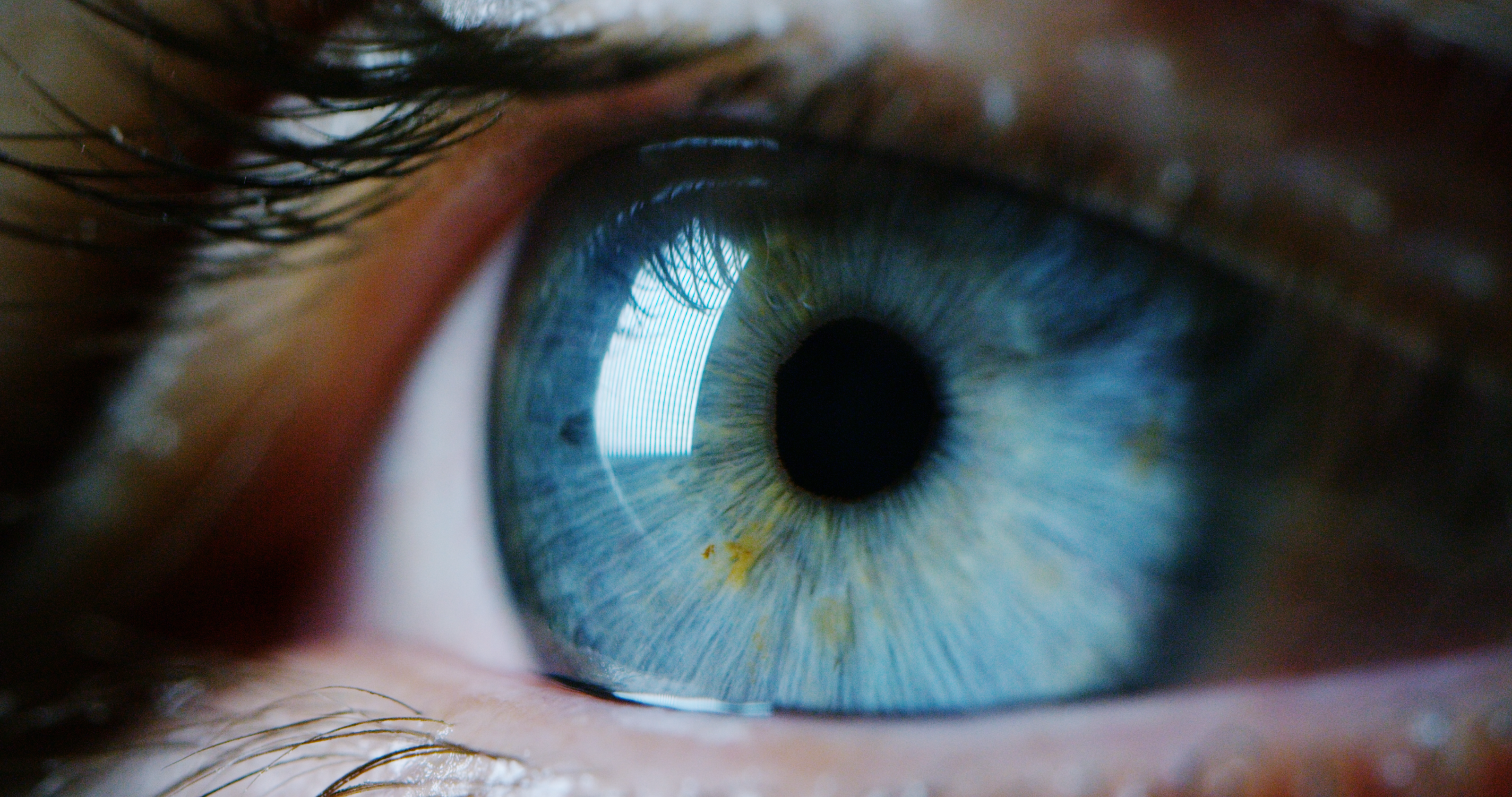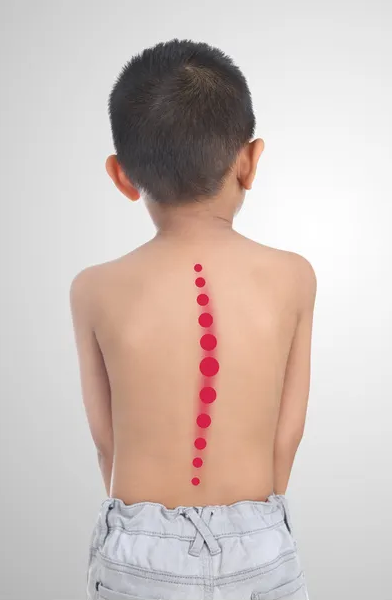
Vision is the ability to use your eyes to see and interpret the world around you. Keep your eyes healthy, with Start Right
-
Vision is a two-part process, light enters the eye through the cornea and lens, which help focus light on the retina. Then the image needs to be interpreted by the brain, so you can make sense of what you’re seeing.
Of the five combined senses, sight is responsible for most of the information we process and interpret. Many of the tasks we do, the personal interactions we have, and the movements of our body rely on sight in some way.
-

Vision can change throughout childhood
Childhood vision changes can be caused by a number of factors, including genetics, illness, injury, and developmental changes.
Children may develop hyperopia (farsightedness), myopia (shortsightedness), or astigmatism, which can cause difficulty with clear vision.
Additionally, some children may develop more serious conditions such as lazy eyes or eye turns, which can impact their ability to see and learn.
-
The importance of vision screening
Start Right screenings are important for children because they can help identify any eye or vision changes early.
This is critical for academic learning and overall development. Children who have difficulty seeing may struggle to read or perform other visual tasks, which can negatively impact participation in classroom activities.
Early intervention, such as corrective lenses or vision therapy, can help to improve outcomes and ensure that children have the best chance for academic and personal success.
Regular vision screenings are also important for monitoring any changes over time, ensuring that the children receive the support they need to thrive.



